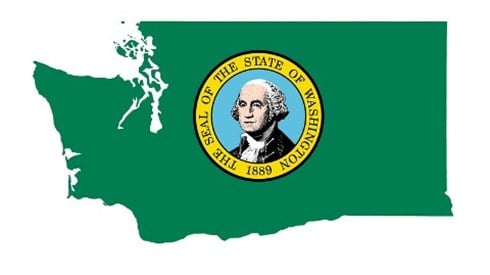Update from Vermont on the Microsoft Captive Cease and Desist Order

August 10, 2018

Microsoft Update
At the recent Vermont captive conference, there was some discussion surrounding the May 9, 2018, order from the Washington State Office of the Insurance Commissioner ordering Microsoft's wholly owned Arizona captive insurer to cease and desist transacting insurance business in the state and stop soliciting and writing insurance coverage for Washington insureds. We understand that the captive writes related-party risk for Microsoft and its controlled affiliates.
At the conference's captive tax update session, Tom Jones, a partner at McDermott Will & Emery LLP, said that the state also issued a tax deficiency notice involving the payment of surplus lines tax (the order imposes the Washington premium tax on the Arizona captive). He expects that Microsoft's in-house legal department is handling it and will likely settle the issue quietly without any public statement.
Is this Going To Become a Problem Elsewhere?
Mr. Jones said that there is no captive statute in the state of Washington, and according to Bruce Wright, a partner at Eversheds Sutherland (US) LLP, the state does not have a direct placement tax (46 states in the United States have a direct placement tax). Therefore, the state of Washington does not have a mechanism to tax placements from nonadmitted companies. Mr. Wright said that most other states will try to impose the direct placement tax in a situation like this. Mr. Jones did not think much will come of this nationwide.
A Regulator's Perspective
David Provost, deputy commissioner of captive insurance at the State of Vermont Department of Financial Regulation, weighed in at the conference's "hot topics" session. Mr. Provost said, generally, this issue has to do with the home state concept created by the Dodd-Frank Wall Street Reform and Consumer Protection Act. He said a number of states are taking a closer look at the premium dollars that are being put into their home state company-owned captives as a target for tax revenue.
He explained that in the past, premiums going into captives were not considered, and Dodd-Frank is specifically concerned with surplus lines tax collected and remitted to the home state by surplus lines brokers and agents on behalf of companies they represent. Congressional intent was for the home state to enter into an agreement with other states to share that tax. However, states could not agree on a method for sharing tax. Thus, Mr. Provost said this acts as an incentive for some states to say, "I can keep all of that tax, therefore I want to apply that tax everywhere I can." Mr. Provost believes that is what is happening with a number of companies, not just Microsoft.
Also present at the "hot topics" session was Microsoft's senior risk manager, Stephanie Lampi, who, when asked, declined to comment on the matter.
August 10, 2018

